INDIAN Flag in Python. All dimensions are as per our INDIAN standards. Let us know if you have any suggestions.
import numpy as np
import matplotlib.pyplot as py
import matplotlib.patches as patch
#Plotting the tri colours in national flag
a = patch.Rectangle((0,1), width=9, height=2, facecolor='#138808', edgecolor='grey')
b = patch.Rectangle((0,3), width=9, height=2, facecolor='#ffffff', edgecolor='grey')
c = patch.Rectangle((0,5), width=9, height=2, facecolor='#FF6103', edgecolor='grey')
m,n = py.subplots()
n.add_patch(a)
n.add_patch(b)
n.add_patch(c)
#AshokChakra Circle
radius=0.8
py.plot(4.5,4, marker = 'o', markerfacecolor = '#000080', markersize = 9.5)
chakra = py.Circle((4.5, 4), radius, color='#000080', fill=False, linewidth=7)
n.add_artist(chakra)
#24 spokes in AshokChakra
for i in range(0,24):
p = 4.5 + radius/2 * np.cos(np.pi*i/9 + np.pi/48)
q = 4.5 + radius/2 * np.cos(np.pi*i/9 - np.pi/48)
r = 4 + radius/2 * np.sin(np.pi*i/9 + np.pi/48)
s = 4 + radius/2 * np.sin(np.pi*i/9 - np.pi/48)
t = 4.5 + radius * np.cos(np.pi*i/9)
u = 4 + radius * np.sin(np.pi*i/9)
n.add_patch(patch.Polygon([[4.5,4], [p,r], [t,u],[q,s]], fill=True, closed=True, color='#000080'))
py.axis('equal')
py.show() #clcoding.com

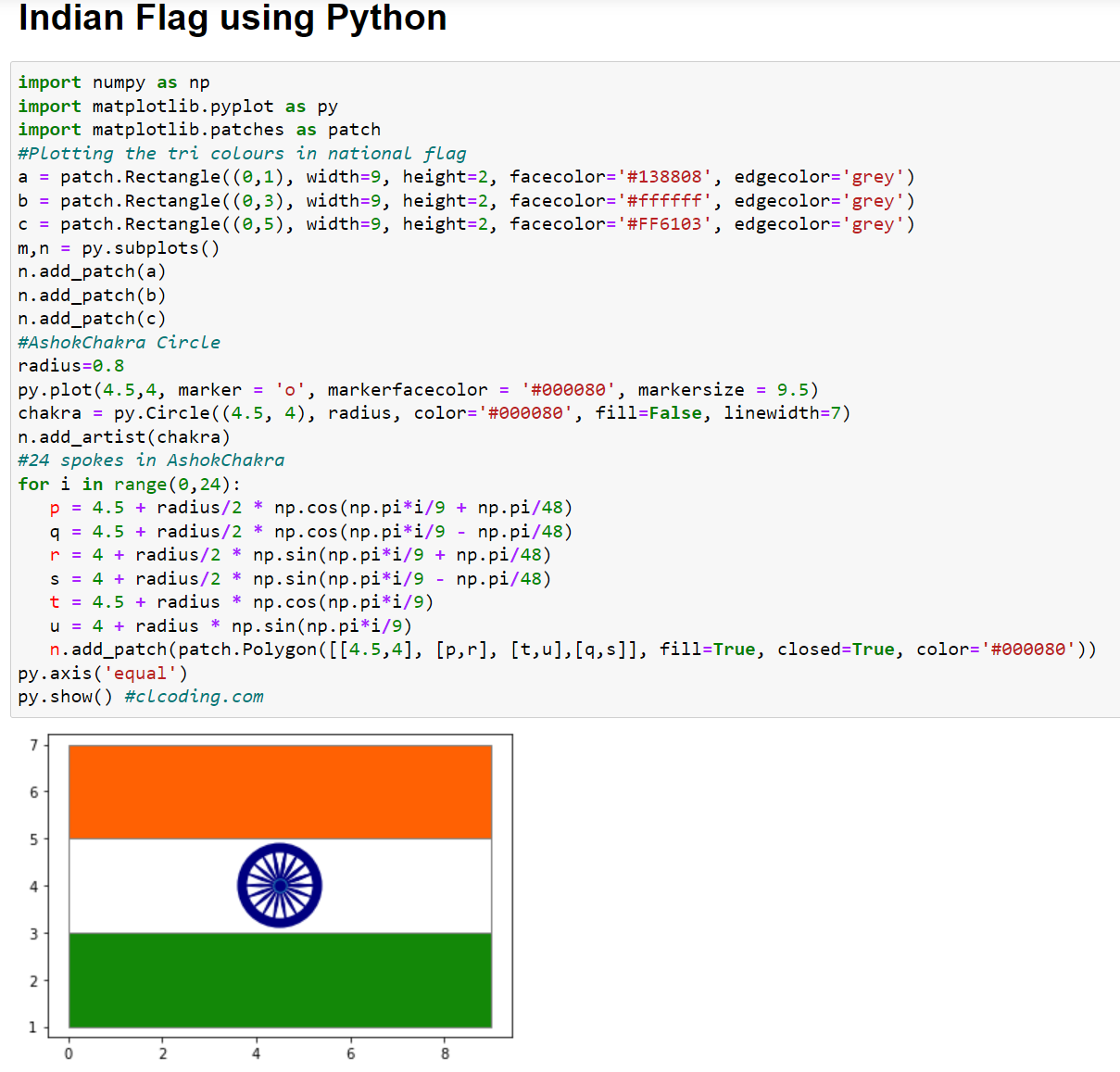


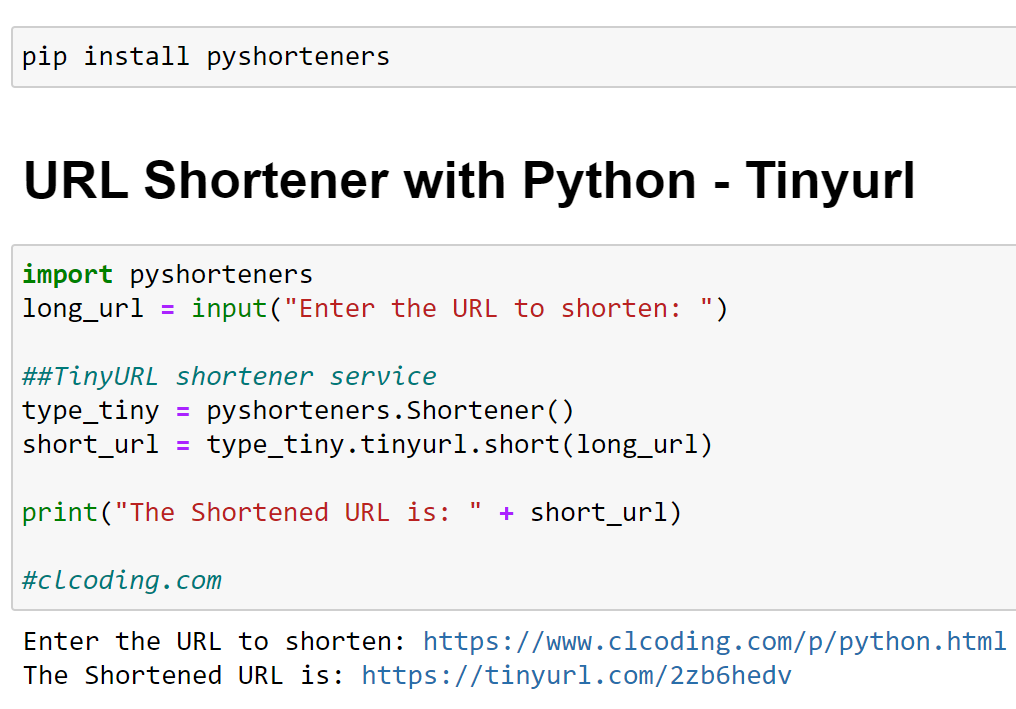

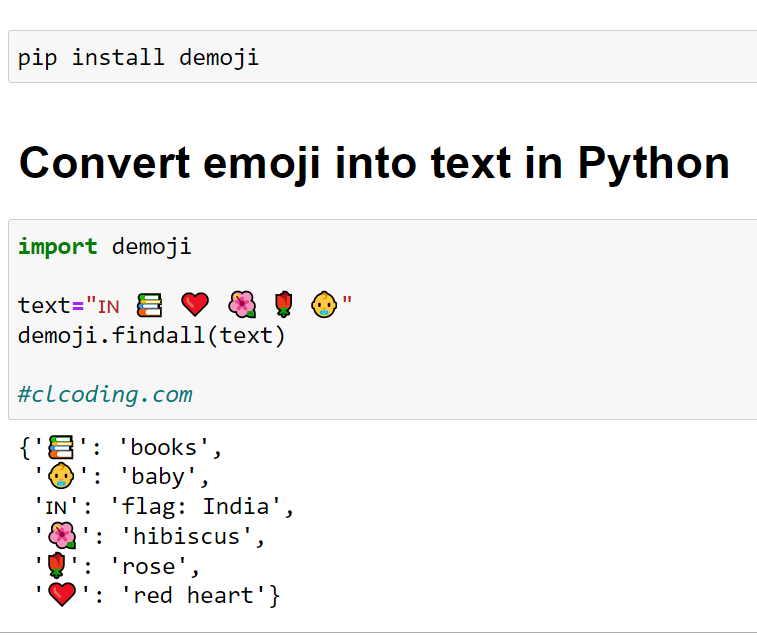






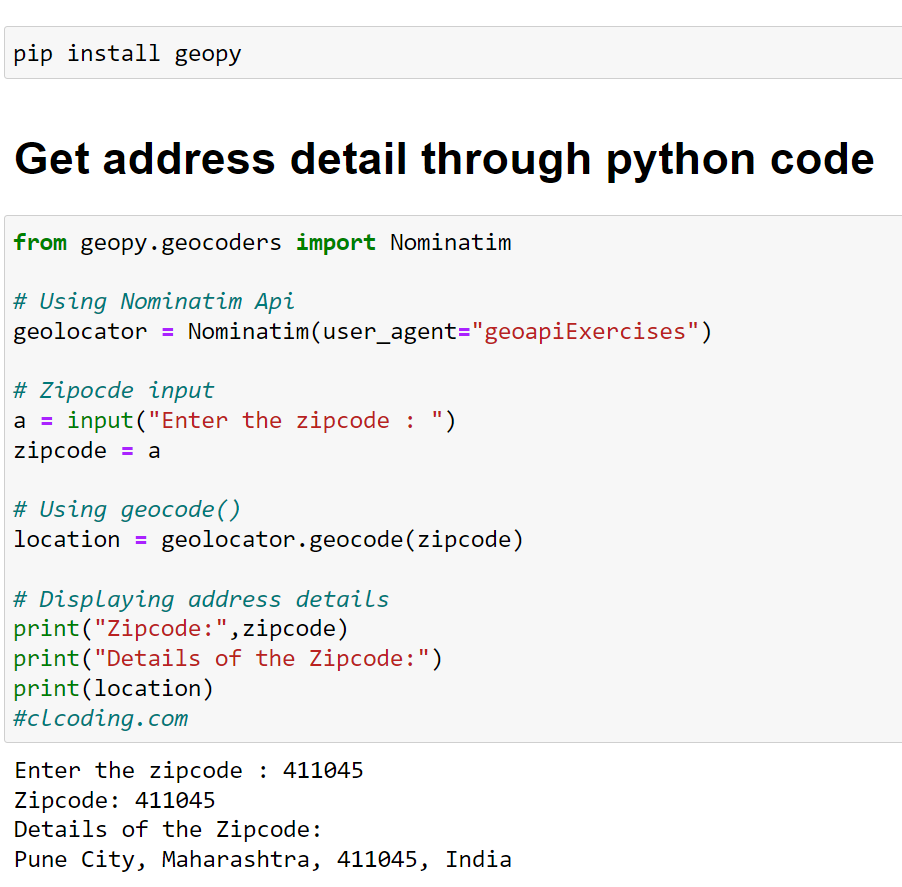





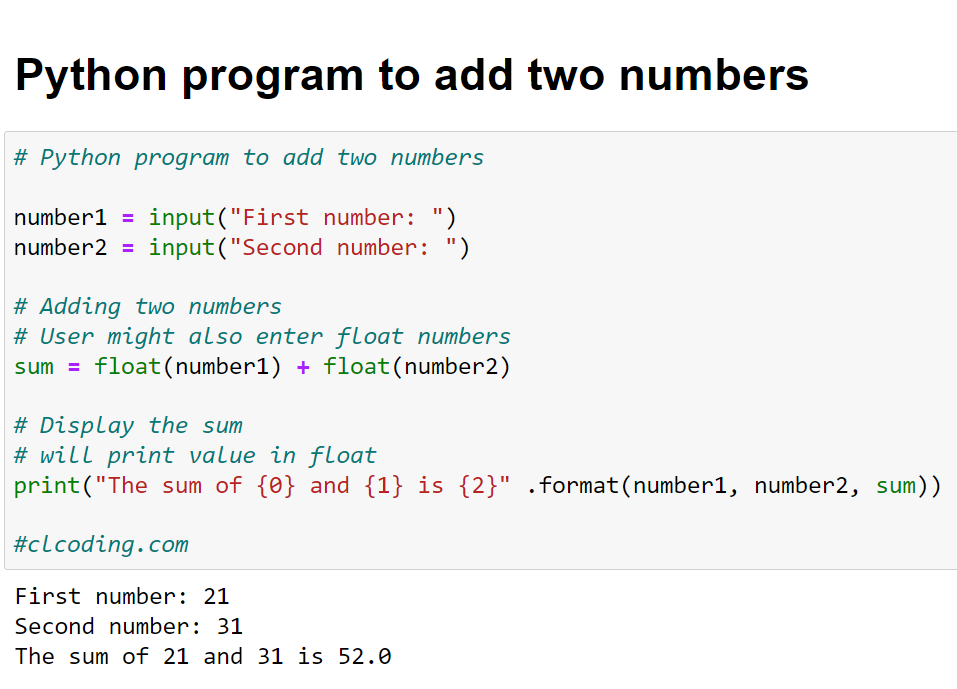


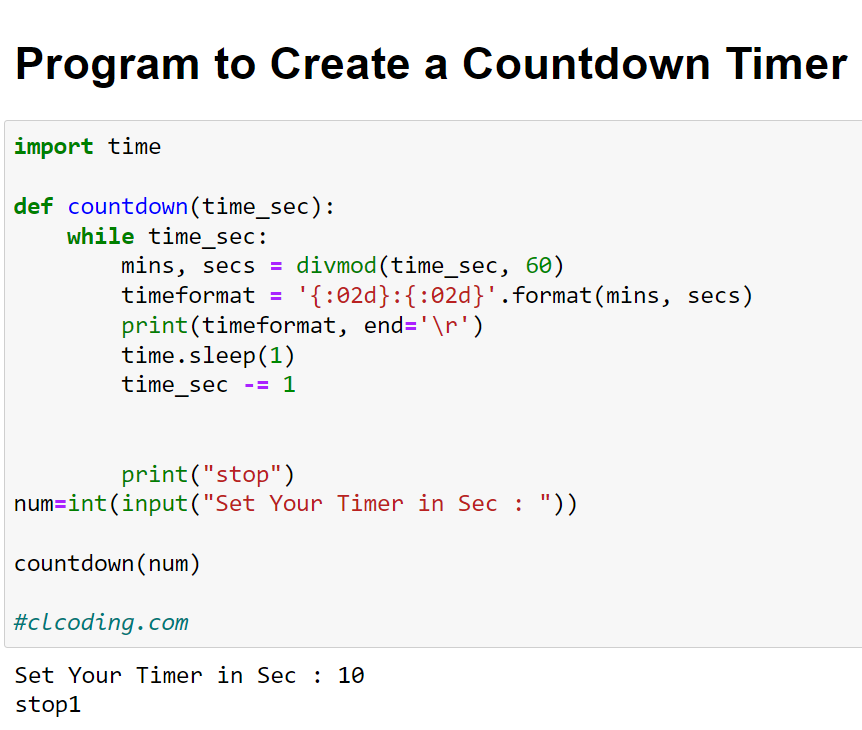





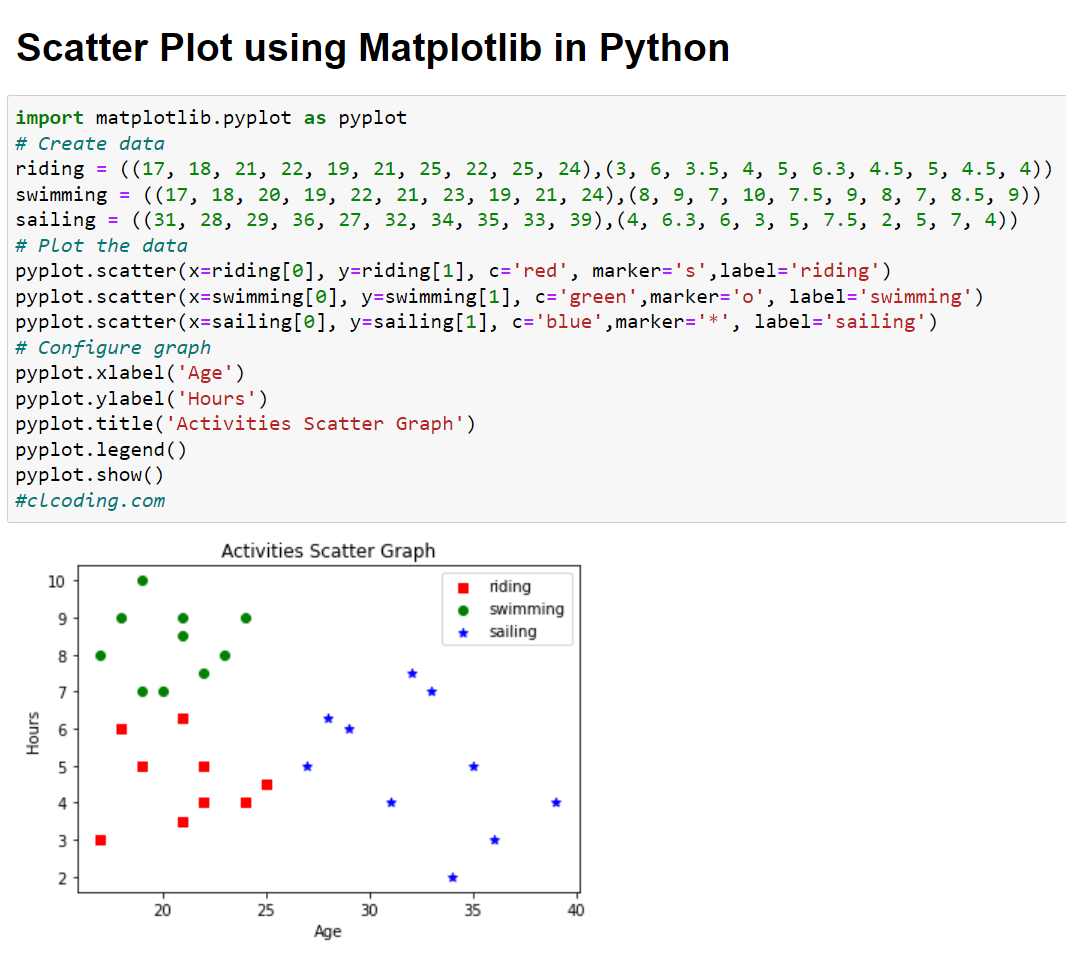












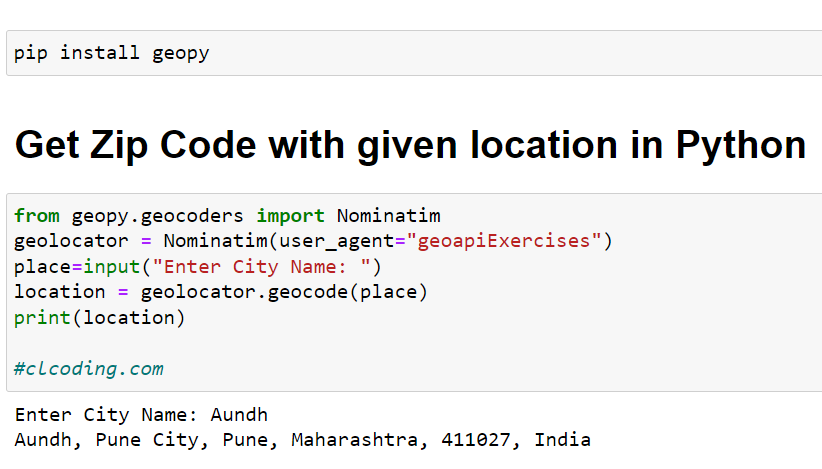









.png)






















.png)






